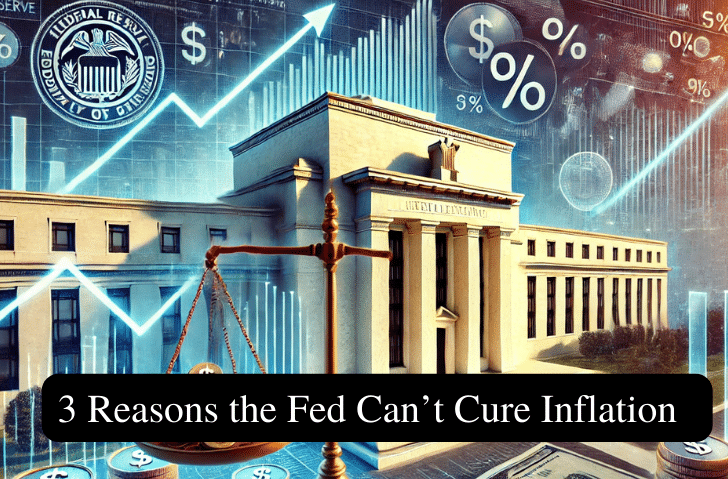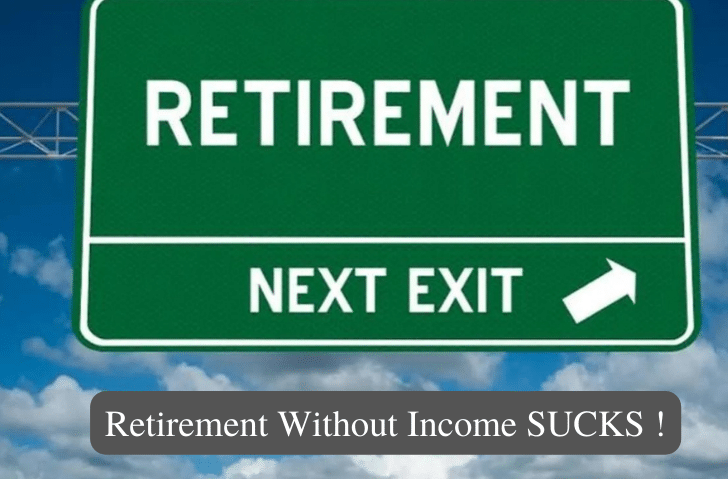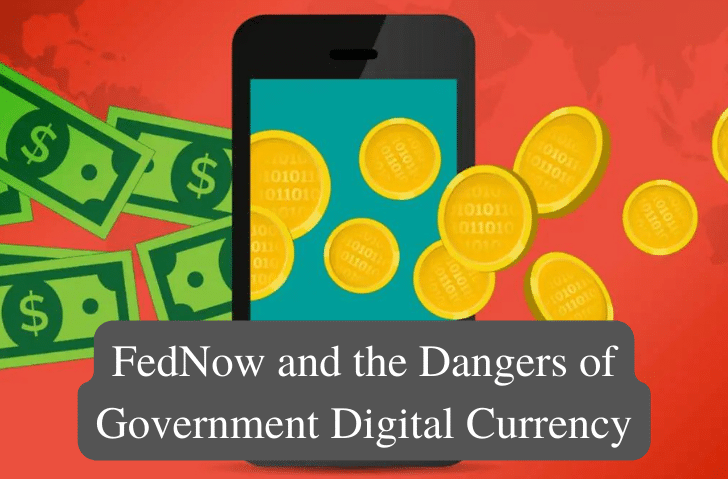Inflation is a complex economic phenomenon, often simplified as a general increase in the prices of goods and services over time. It is commonly believed that the Federal Reserve, or ‘the Fed’, has the tools to cure inflation. However, upon closer examination, one might discover that the methods used by the Fed to manage inflation can sometimes exacerbate the issue instead. Read More












